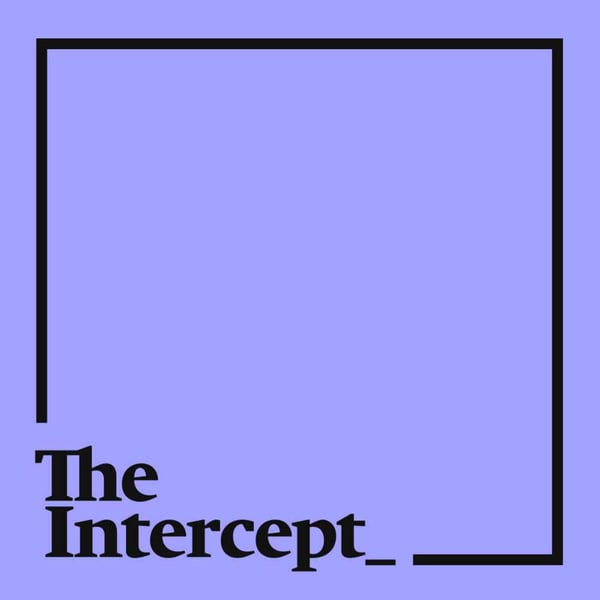Dissent Episode Three: How an Adoption Case Could Unravel Tribal Sovereignty
The Intercept Briefing
The Intercept
4.8 • 6.3K Ratings
🗓️ 1 February 2023
⏱️ 48 minutes
🧾️ Download transcript
Summary
The Supreme Court is hearing a case that could dismantle the Indian Child Welfare Act, also known as ICWA. The law was passed in 1978 to combat a history of forced family separation in the United States and prevent the removal of Native children from their communities. But now, in Haaland v. Brackeen, ICWA could be completely overturned. In the third episode of Dissent, host Jordan Smith is joined by Rebecca Nagle, a journalist, citizen of the Cherokee Nation, and host of the podcast “This Land.” Smith and Nagle break down the case and its broad implications for laws based on tribes’ political relationship with the U.S. government.
If you’d like to support our work, go to theintercept.com/join — your donation, no matter what the amount, makes a real difference.
Hosted on Acast. See acast.com/privacy for more information.
Transcript
Click on a timestamp to play from that location
| 0:00.0 | I'm Jordan Smith, a senior reporter for the Intercept. |
| 0:08.3 | Welcome to Dissent, an intercepted miniseries about the Supreme Court. |
| 0:16.0 | During the middle of the last century, the US government introduced the Indian adoption |
| 0:29.3 | project. |
| 0:30.8 | Through this project, native children were taken from their families and communities |
| 0:34.8 | and raised by white, non-native families. |
| 0:39.2 | A 1966 press release from the Bureau of Indian Affairs reads, quote, |
| 0:44.8 | 1 little, 2 little, 3 little Indians, and 206 more are brightening the homes and lives |
| 0:51.3 | of 172 American families, mostly non-Indians, who have taken the Indian waves as their own. |
| 0:58.6 | A total of 209 Indian children have been adopted during the past seven years through the Indian |
| 1:04.1 | adoption project. |
| 1:06.9 | Mind you, even before this, native children were removed from their homes and put into boarding |
| 1:12.1 | schools. |
| 1:13.1 | Facing harsh conditions and abuse, native children were forbidden from speaking their language |
| 1:18.4 | and practicing their religion. |
| 1:20.8 | Families who didn't comply could be imprisoned. |
| 1:24.7 | Whether it's 1871 or 1958, the US government has a long history of undermining treaties |
| 1:31.6 | it has signed with tribal nations and passing laws that eliminate tribal autonomy. |
| 1:37.6 | They viewed tribes as, quote, unquote, uncivilized and that they had to assimilate into, quote, |
| 1:43.6 | unquote, American society. |
| 1:47.8 | By 1978, around one-third of all native children had been removed from their families and |
| 1:54.0 | communities. |
... |
Please login to see the full transcript.
Disclaimer: The podcast and artwork embedded on this page are from The Intercept, and are the property of its owner and not affiliated with or endorsed by Tapesearch.
Generated transcripts are the property of The Intercept and are distributed freely under the Fair Use doctrine. Transcripts generated by Tapesearch are not guaranteed to be accurate.
Copyright © Tapesearch 2025.

